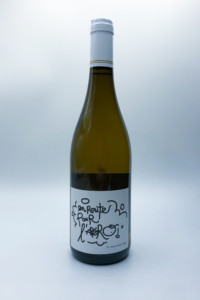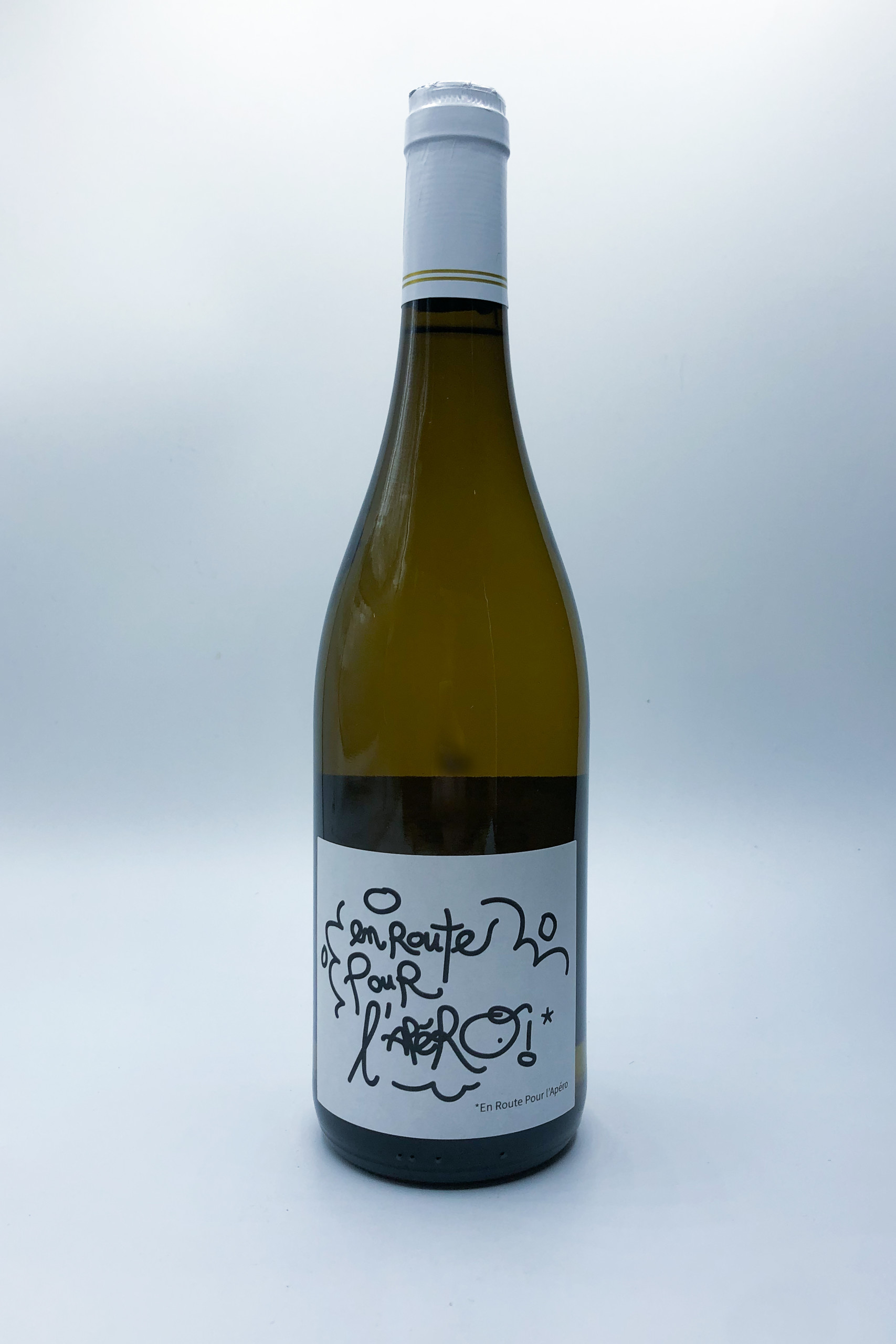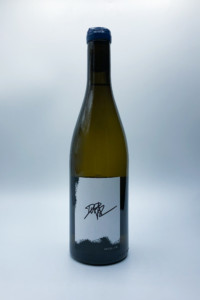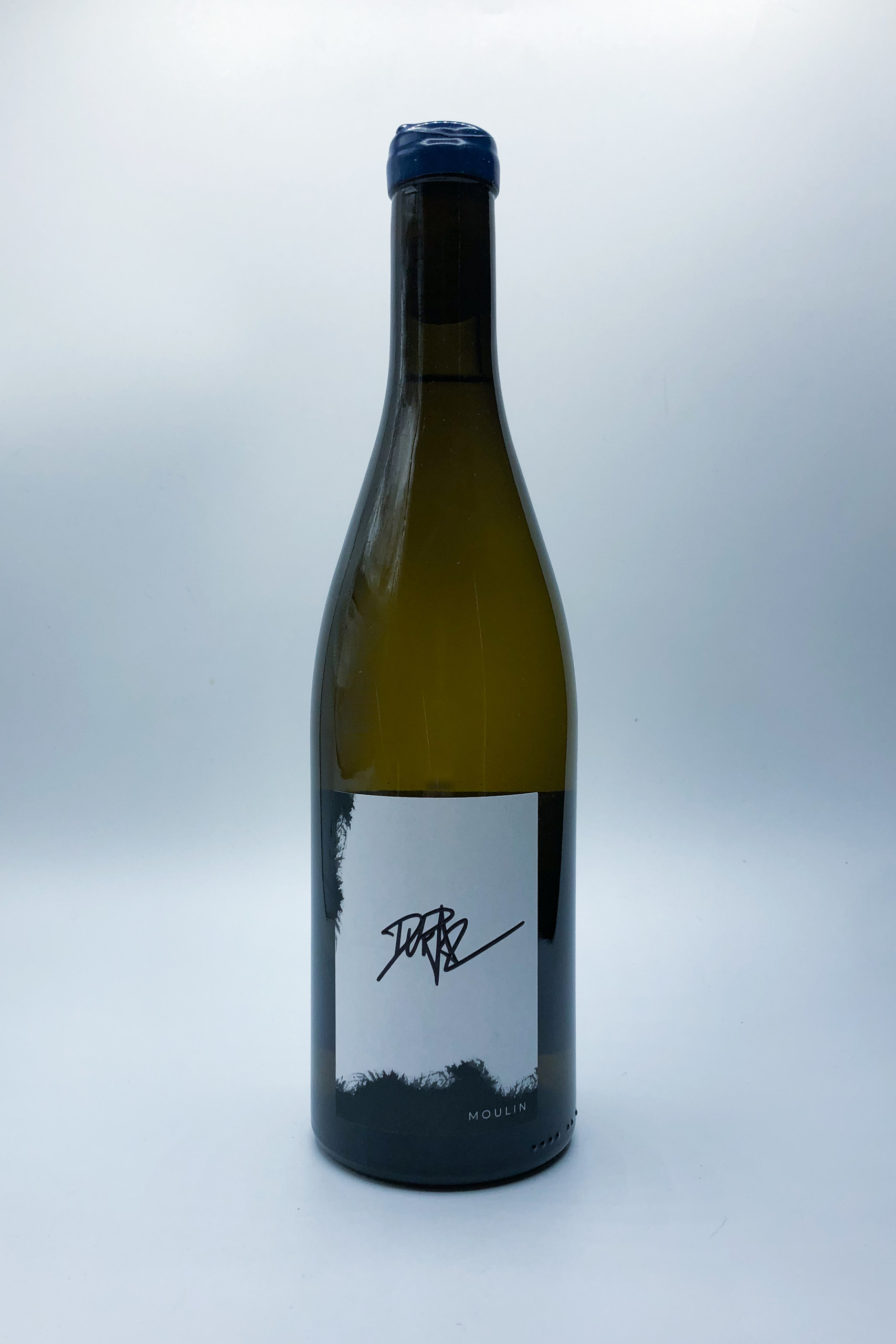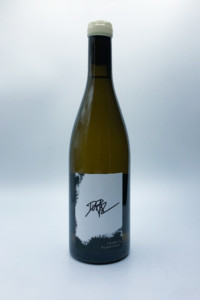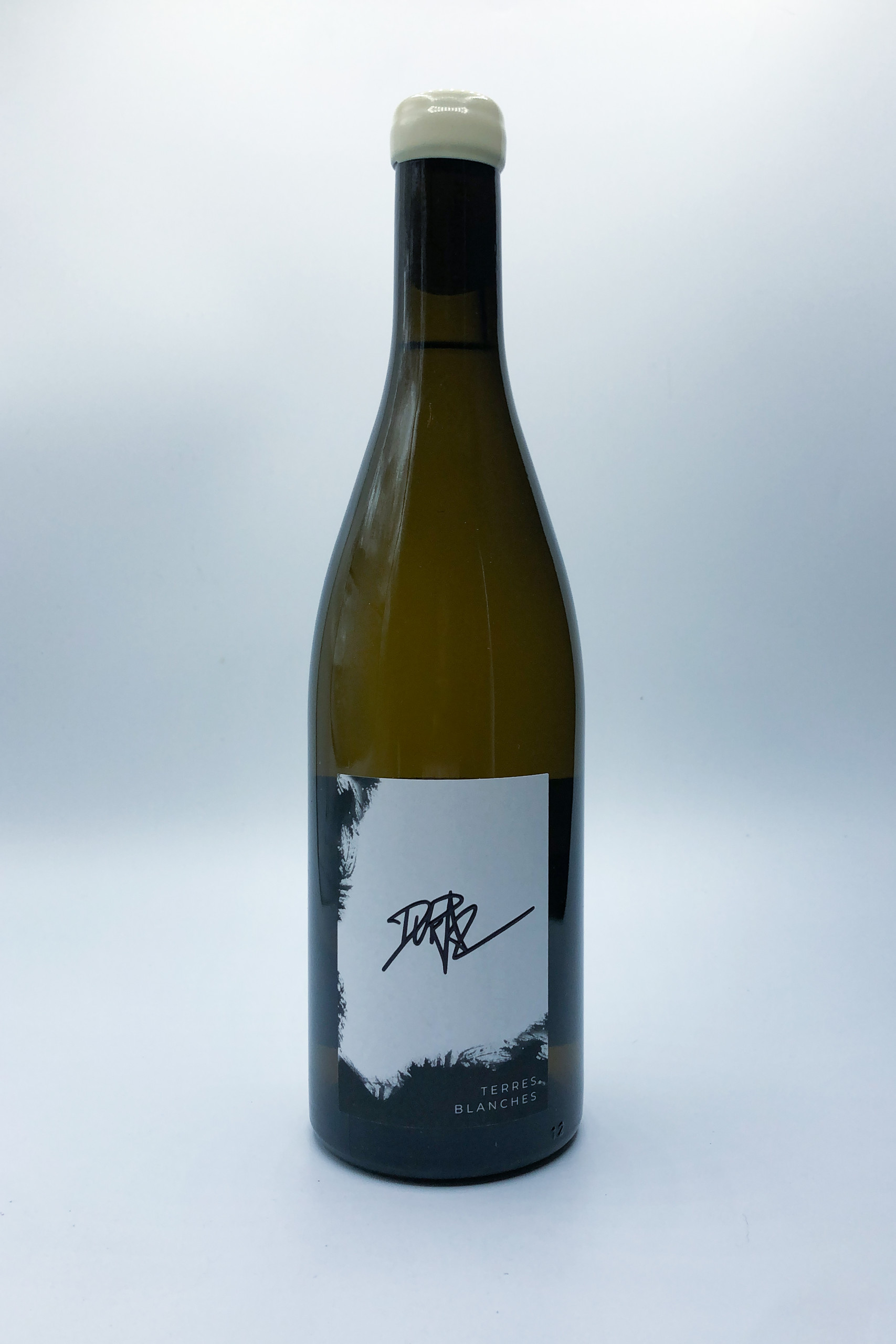Domaine Dupraz
About
Owners: the Dupraz family
Winemaker: Maxime Dupraz
Vineyards: 18.5ha across 22 parcels, both rented and owned
Vineyard management: Certified organic since 2021
Soils: Clay, glacial moraines, and calcite deposits
Grapes grown: Jacquère, Altesse, Mondeuse
Annual production: 82,000 bottles
Quick facts:
- The Jacquère grape’s ability to express the nuances of the different soils and aspects is why the Dupraz family vinifies it parcel-by-parcel, making a variety of distinctive cuvées from the same grape.
- The Dupraz family is working to identify the native yeasts that spontaneously ferment their wines, considering them a vital part of the terroir at risk from global warming.
- “Very influenced by Burgundy, we like to vinify slowly to capture the perfect balance between terroir, grape variety, and the winemaker’s vision of the whole.” – Jeremy Dupraz
Domaine Dupraz was founded by François Dupraz in 1880. His grandson, Michel Dupraz, was the one who professionalized the operation. He planted one-third of the vines cultivated today, and established a reputation for high quality as as specialist in long, slow vinifications (12-24 months, which was very unusual at that time period). Michel’s grandson Marc continued expanding the family’s plantings, and his sons Jeremy and Maxime run the operation today. The two brothers have worked to reintegrate elements of the family history, reclaiming Michel’s former cellars in 2014, which had been part of the local coop from 1957 to 2003, as well as the vineyards of their uncle Jean Dupraz, also a part of the coop, that same year. Today, Domaine Dupraz farms 18.5 ha of vineyards on the same slopes where François began, in the lieu dit of Reposoir.
The region of Savoie is distinctive for its diverse terrain: each valley and slope has its own microclimate, offering different advantages and different challenges. The slope of Reposoir has the only glacial moraine soil in Apremont, and it’s the only hillside facing directly east. The main challenge these days is global warming, which threatens to cause grapes to ripen too quickly, before they can develop aromatic complexity. The Dupraz family has begun letting grass grow wildly throughout the vineyards so that it can compete with the vines for water and nutrients, slowing the vegetative cycle so that grapes can be harvested closer to the normal time in September or October.
Savoie is also home to a variety of unique autochthonous grape varieties, which find their best expression only in this region. Domaine Dupraz is particularly passionate about Jacquère, which Jeremy calls “a veritable mirror of the terroir.” They’re able to produce wines with remarkably different characters from the same grape thanks to its ability to highlight subtle differences in soil, aspect, etc. Inspired by Burgundy, they work parcel by parcel, and vinify slowly the way their forefather Michel did. They’ll even vinify different sections of the same parcel in different containers to obtain different facets of the same vintage. The wines age anywhere from 12 to 60 months after harvest, and they’re only bottled when the three co-directors (Marc, Jeremy, and Maxime) agree that it’s time. Vinification is done with no additives other than a few milligrams of sulfur at bottling.


